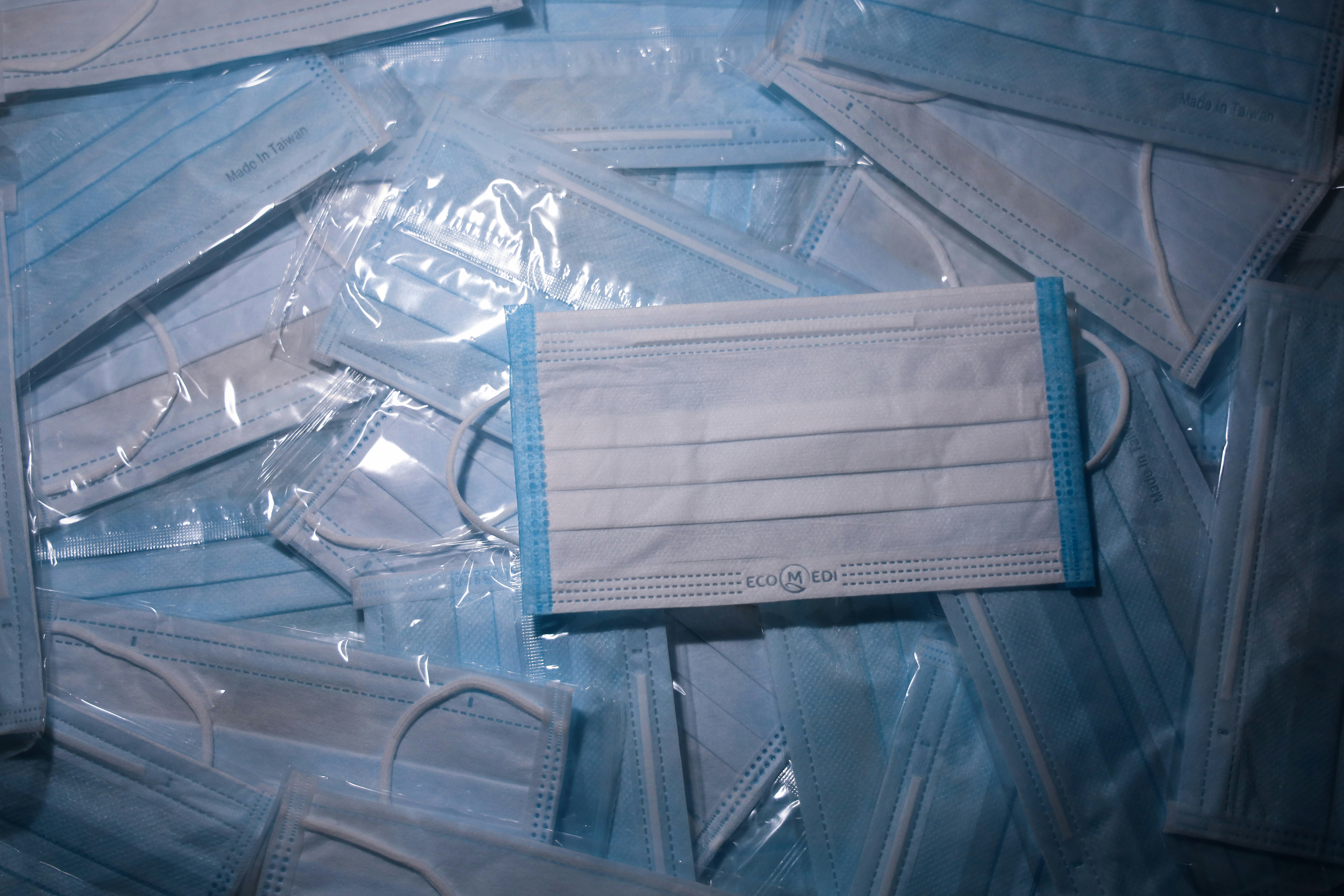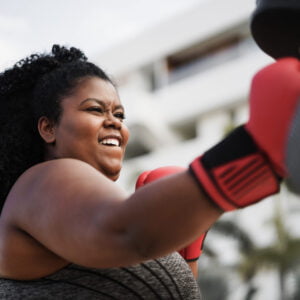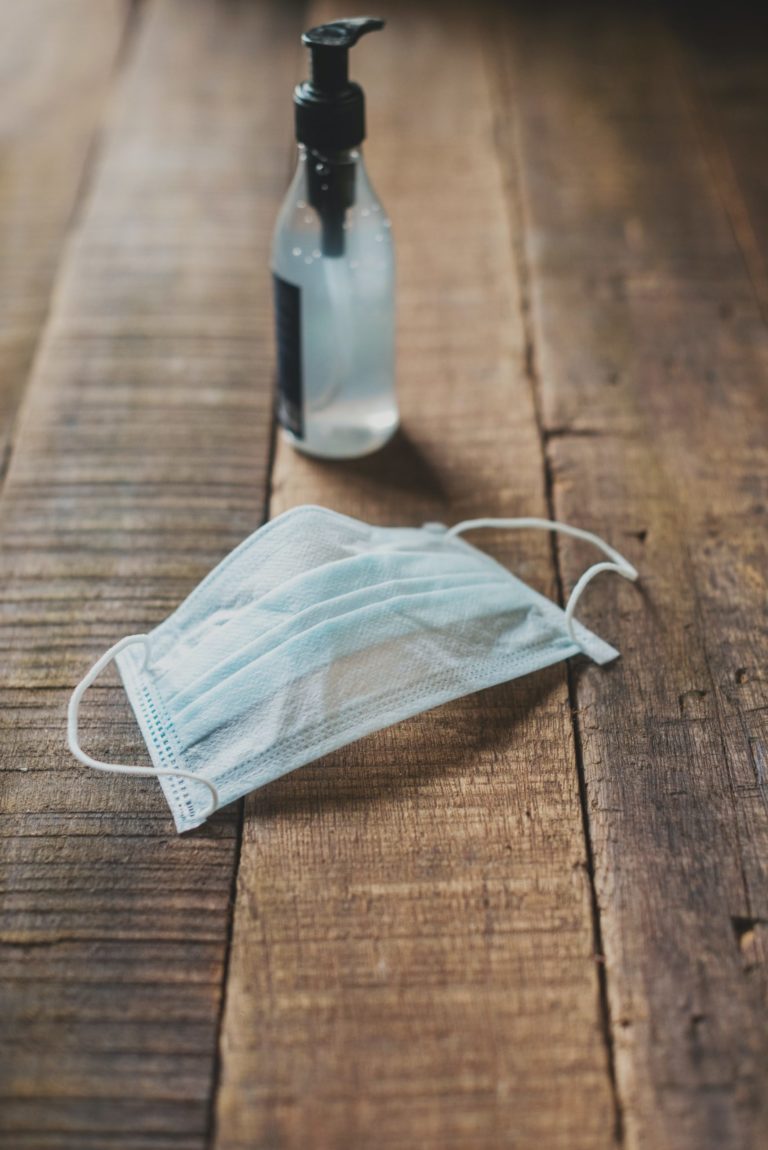Approaches to our own health and how we affect the health of others have been brought to light by the COVID-19 pandemic. As tiny Coronavirus droplets can be transmitted from person to person just by something as tiny as whistling, the risk of infection has grown on a massive scale. When once it was a rarity, it’s now commonplace if not mandatory, to wear a mask when out in public, and everyone is advised to stay indoors as much as possible to limit the spread of COVID-19.
Naturally, there are going to be reasons why people will have to leave their homes. Picking up medication, visiting the dentist’s office, and going for a sight or hearing test are all good reasons why people should be outdoors, despite the World Health Organization’s public health guidelines not to be. So long as they have COVID-19 protection, then they should be at a lesser risk of contracting the virus. But a good mask does more than protecting the wearer. Provided both parties in conversations are wearing a mask, the transference of the droplets is far more unlikely between them. If a person has the Coronavirus but is asymptomatic, then they are both protecting themselves and other people by wearing a mask.
Still, leaving the house to visit the dentist, optician, or audiologist, that’s something that requires a little extra thought. When visiting any type of doctor or healthcare provider, you’re stepping into clinical environments where a lot of attention has been paid to maintain better protection. That said, there’s still plenty that you can do, in addition to wearing a mask, that will help maximize protection and minimize the risk.
What kind of masks are you using?

When the initial peak of COVID-19 was at its highest, public health officials all recommended that people wear face masks, but they didn’t specify what kind of face mask should’ve been used. Most people used disposable face masks for a couple of occasions before throwing them away and then moving on to the next one. Admittedly, they were cheap and a good first step to the new normal that the public’s health now demanded. However, as the restrictions had to continue, these dual-layered face masks needed to have a little more longevity. In addition to the comfort that they provided (or lack thereof), there were limitations to stock numbers, and they were proving to be a little costly.
Luckily, clothing companies began producing cloth face masks that could be cleaned and reused, and still meet guidelines, too. Some have even gone beyond the cloth face masks, such as the silver ion face mask that’s available from clothing brand NxTSTOP. These may feel and look like cloth face masks but are in fact mostly made from bamboo. Their bamboo and ion fusion claims to provide an extra layer of protection from antibacterial activity, as the antimicrobial properties prevent droplets from making it through the fabric. As the silver ion face mask has adjustable ear loops and is lightweight, it’s a much more comfortable option that can be used repeatedly without worrying about it losing its antiviral properties, and so it should be considered when visiting the doctor’s office or stepping out into public.
What about your other clothing?
This may surprise you, but viruses actually don’t last as long on fabrics and clothing as they do on smoother, solid surfaces. This is why it’s recommended to wash your hands frequently, and even wear gloves when out and about. However, given the time of the year, this may be a given anyway. As winter approaches, you may have switched to wearing hats and head coverings to insulate yourself from the cold weather. However, if you have concerns about these items of clothing carrying the virus, then don’t—but do pay attention to one exception.
When visiting the audiologist, you might want to consider leaving the hat in your pocket. Although it’s common sense to remove it indoors, hearing specialists have to have access to your ears in order to provide effective treatment or to perform a thorough hearing loss or tinnitus evaluation. Tinnitus is the presence of an internal noise like hissing, rushing, or buzzing without an identifiable source. Since the symptoms of tinnitus can be quiet to loud noises in either the inner or outer ear canal, a tinnitus specialist will need to check for signs of trauma from a head injury, or a more serious tumor, in order to determine the underlying cause. For this to occur, they’ll need to ensure that your head has not come into contact with the virus.
Similarly, audiologists who are checking on hearing aids, and opticians looking over spectacles, will be aware that they’re coming into contact with a smooth surface. Therefore, if you use either, try to keep both of these accessories clean with antibacterial wipes.
When it comes down to it, a solid mask is the only real protection from this airborne virus; although antibacterial gels, gloves, and more layers of clothing will help. There are no alternative therapies except extra vigilance and regular hand washing.







